Students at Wadsworth describe what it is like to be black in a predominantly white school district
BY EMILY KURTZ
When the 19th Amendment was passed, it became something of a symbol that represented the final few walls being broken down to reach civil equality for all. To black students at WHS, racism and prejudice both still exist. Six black students sat down on January 28, 2020 to discuss the unrecognized racial issues looming at Wadsworth.
Senior Aniya Harris came to Wadsworth from an Akron school in fourth grade. She explained how moving here presented a lot of changes for her, one including how to approach her teachers when they did not look like her.
“The hardest thing for me was figuring out how to keep going through school without teachers who looked like me,” said Harris.

Harris also spoke about how difficult it was to make friends when people already had her skin color to judge her by.
“There’s just a lot of cultural differences and I had to make friends,” Harris said. “It was just a little difficult to agree on certain things just so I could survive socially.”
Jayden Taylor, 11, who moved to Wadsworth from Barberton in third grade made it clear that even just a few miles made a big difference in terms of culture and how she was treated. While many of her teachers were white, the student population at Barberton still presented itself as more diverse. As she came to Wadsworth she noticed how she received a lot of questions that seemed to mock her.
“Moving here in third grade, a lot of boys would ask me questions that were really stupid like about the palms of my hands and why they were different, the questions changed over the years but it still goes on.” said Taylor.
Michael Jackson, a senior who moved to Wadsworth just last year, said that he has never really been faced with those types of questions. Jackson explained that he found friends through doing sports. As this topic came up in conversation some students commented on how they believed the cultural adjustments were different for women of color.
“The guys don’t really get anything like the girls,” said Arlena Arnold, 10. “I feel like they bully us more because they don’t think we really will fight back.”
The comments outside of the classroom are not the only things that these students have to face. Sometimes, the content covered while in class, with white teachers, has some of these students feeling awkward and out of place. When reading certain books or covering time periods involving slavery, some students feel singled out.
“We get stared at a lot,” said junior, Ollena Arnold. “Everyone will look back, I remember last year she [Arlena Arnold] had to deal with it a lot.”
Since many of these students moved to Wadsworth from districts that had multiple African American teachers, sometimes it feels hard to discuss race and personally connect with them. Nearly all of the students interviewed agreed that it is important for Wadsworth to look into hiring African American teachers.
“The last black teacher I had was while I was in Toledo,” said Arlena Arnold.
Her sister mentioned how sometimes her friends shy away from Wadsworth because of the large lack of diversity.
“I definitely think Wadsworth should hire black staff,” Ollena Arnold said. “I have black friends that’ll ask if they should come to Wadsworth Schools, and I’ll tell them yes, but then they’ll ask ‘Isn’t the ratio like 10:1?’ and then they’ll say they don’t want to.”
Even though Wadsworth is predominantly white, and the content in class sometimes feels awkward to cover, the general consensus is that race is still a very important topic to learn about.
“I think it’s important to learn about, but it’s also just weird when you’re the only one different in the class,” said Taylor.
Harris also had a similar opinion.
“I don’t mind talking about it, I think it’s good that people are trying to learn,” Harris said. “I think there’s maybe lack of care or level of ignorance when it comes to how to talk about race.”
Harris elaborated by giving an example of how confusing some people sound when they are trying to talk about race. Ollena Arnold spoke up about how it is hard to talk about racial issues at Wadsworth specifically when some students do not seem mature enough to handle the tough conversation.

As the meeting went on the question shifted to how teachers and even other students could possibly help the situation. Which some of the students saw as something that would be very difficult because of how conditions outside of the school setting can change the behavior of anyone talking about race.
“I think that’s hard because it’s sometimes based on how the student is raised at home, so the teacher can’t really control how the student reacts or talks about it,” Ollena said. “Berlin asked me the same question, but it’s so hard to say because it starts with the student.”
The students interviewed revealed that they hear the N-word often at Wadsworth while just walking from class to class.
“Even in the hallways kids in front of me will say it and then turn around and realize I’m there and then feel bad,” said Taylor.
The interviewees then revealed that people they consider friends will come up to them asking for the “N-pass”, which places them into what feels like a very uncomfortable situation.
“It’s just weird when someone comes up to one of us and says ‘do I have the N-pass’,” said Jackson. “They don’t need to be saying the N-word out of nowhere if they’re in front of us.”
While many students do not see that racial tensions still exist at Wadsworth, the six interviewed and even some others, live and deal with it every day. The hope to bring light and change to this subject still survives throughout the difficult situations that some of these students have to face.
A focus on Black History Month
A student’s perspective: Senior Aniya Harris gives insight to what black history month means to her
GUEST COLUMN BY ANIYA HARRIS
Black History Month is a year-round celebration in my household. I was raised with the notion that understanding my history is crucial, so my family does not do anything special during the month of February because we celebrate our history every chance we get. When I was little, my dad would randomly bring out flashcards that each had a fact about black history on them and quiz me. It was the worst surprise when he brought them out, yet it turned out to be the best gift. Those cards helped me develop an appreciation for my history and pride for my culture.
Mostly, Black History Month is a reminder to me. It reminds me of the progress we have made as a people, and it reminds me of how much we still have yet to accomplish. This reminder has inspired me to work to find and support black-owned businesses (clothing, restaurants, etc.) as a starting point in contributing to the growth of the black community. It is part of the reason why I try to educate myself, usually by watching a historical documentary/biopic or reading any book that discusses my history and others as much as I can. I find myself learning to appreciate things like being able to vote, being able to go to a school where the majority of the fellow students do not look like me, and being able to gain any other opportunity that my ancestors did not have at one point.

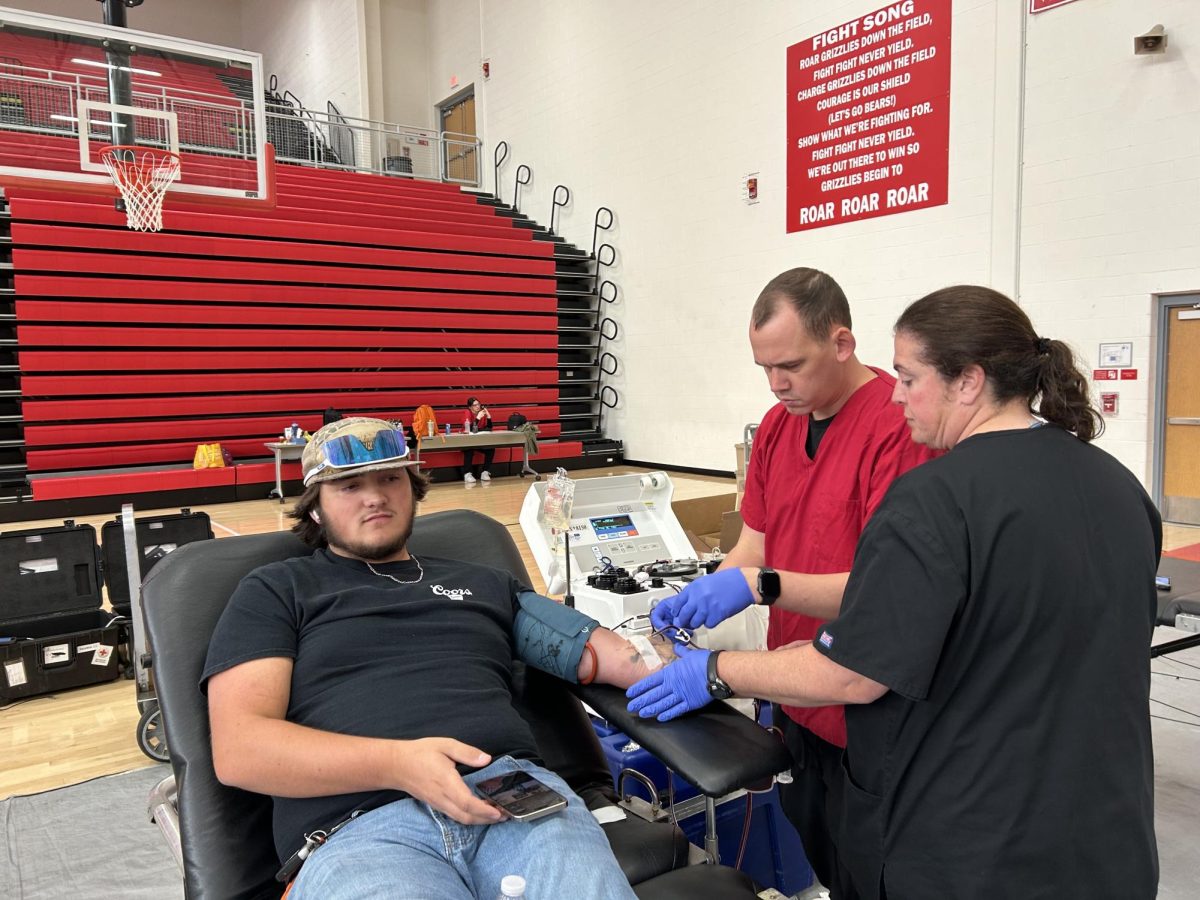
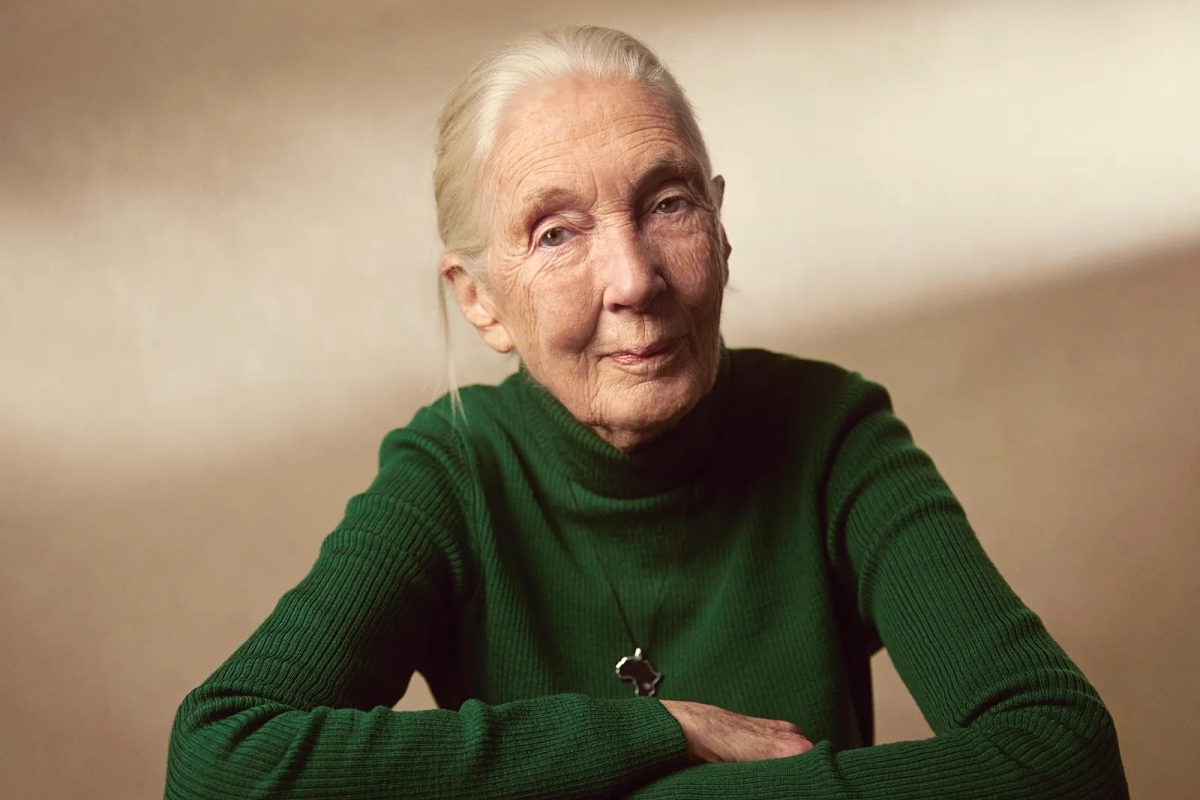
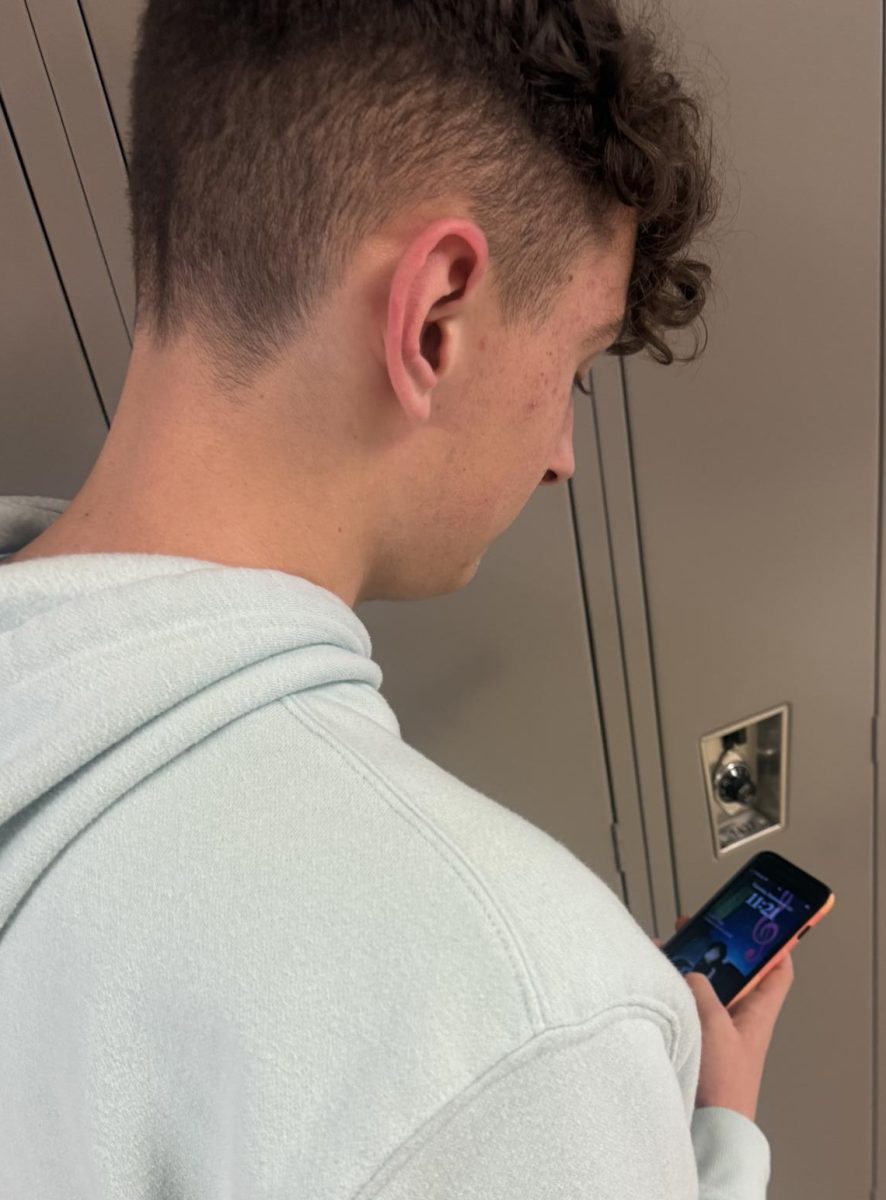

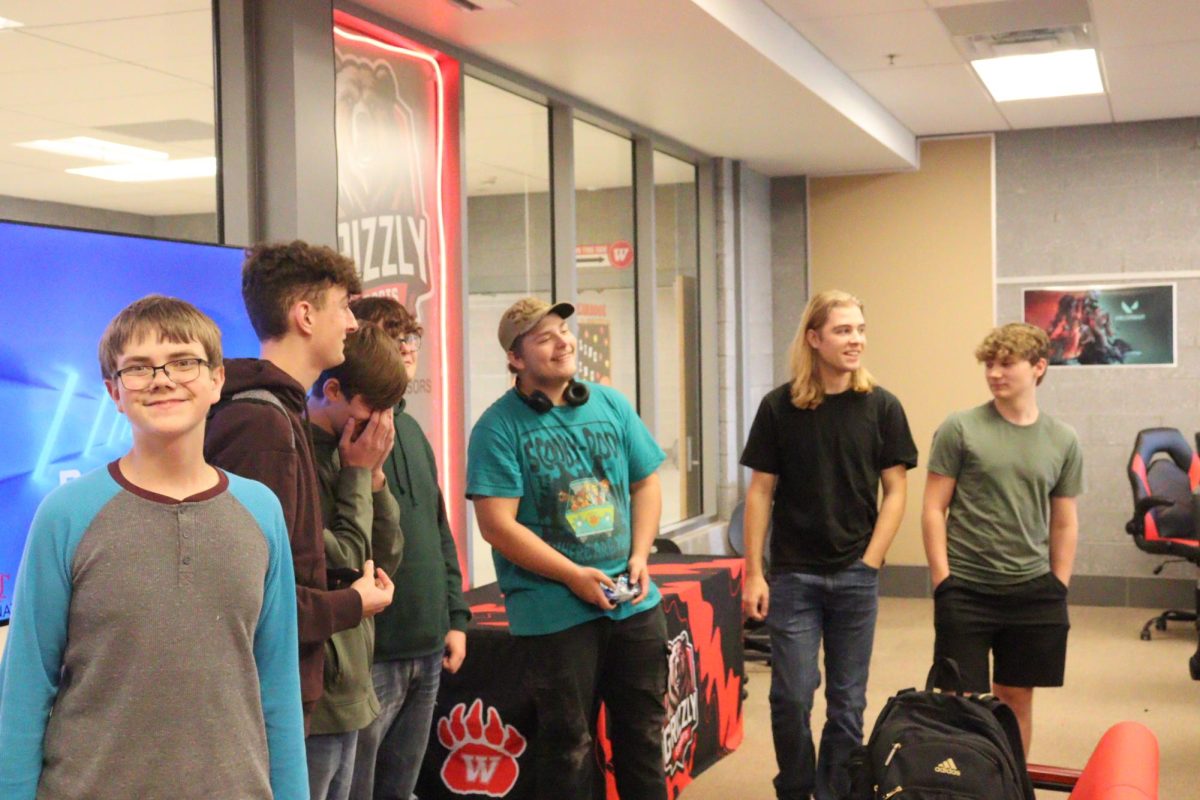
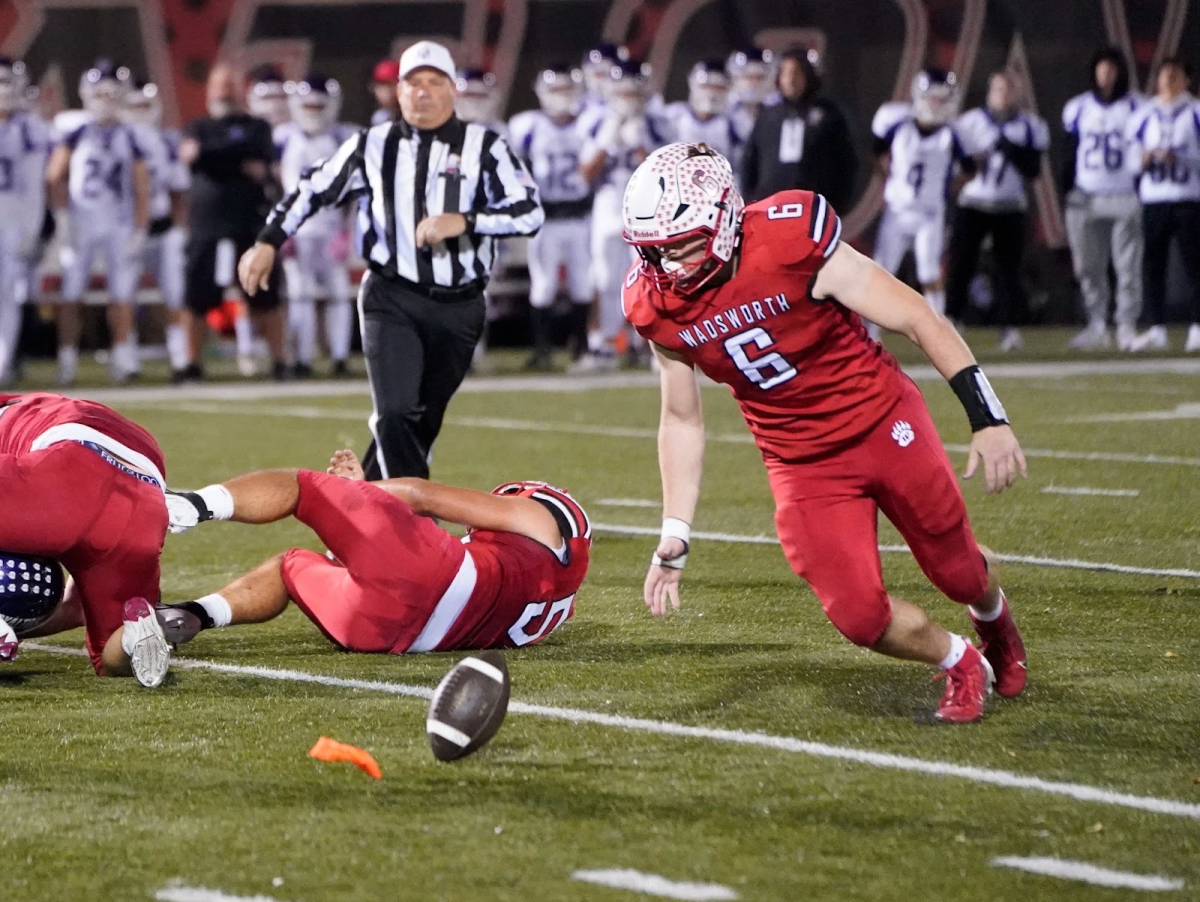
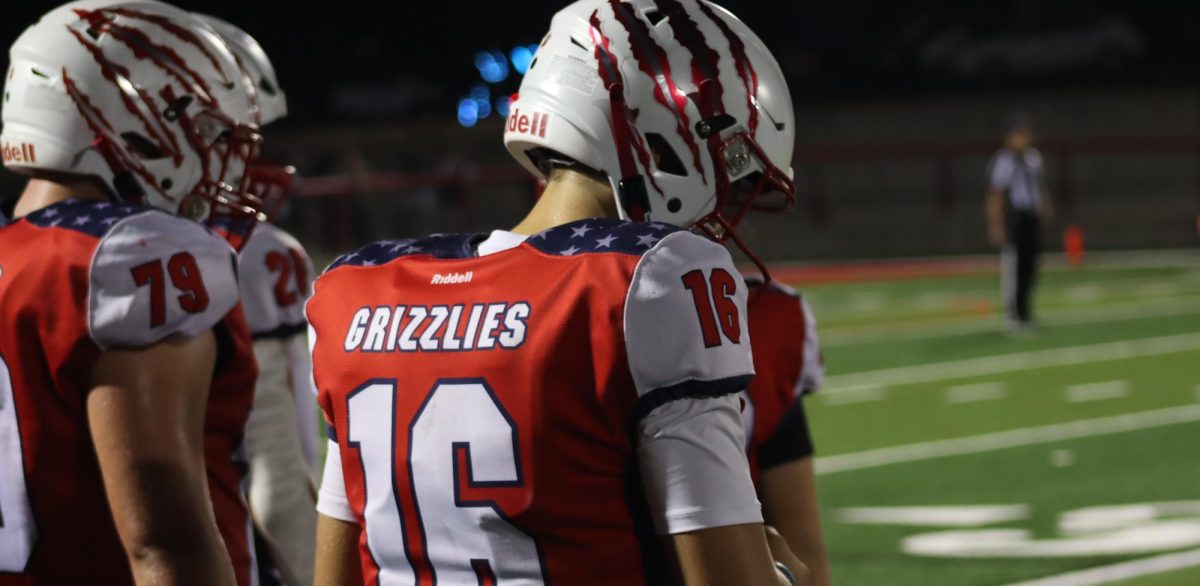
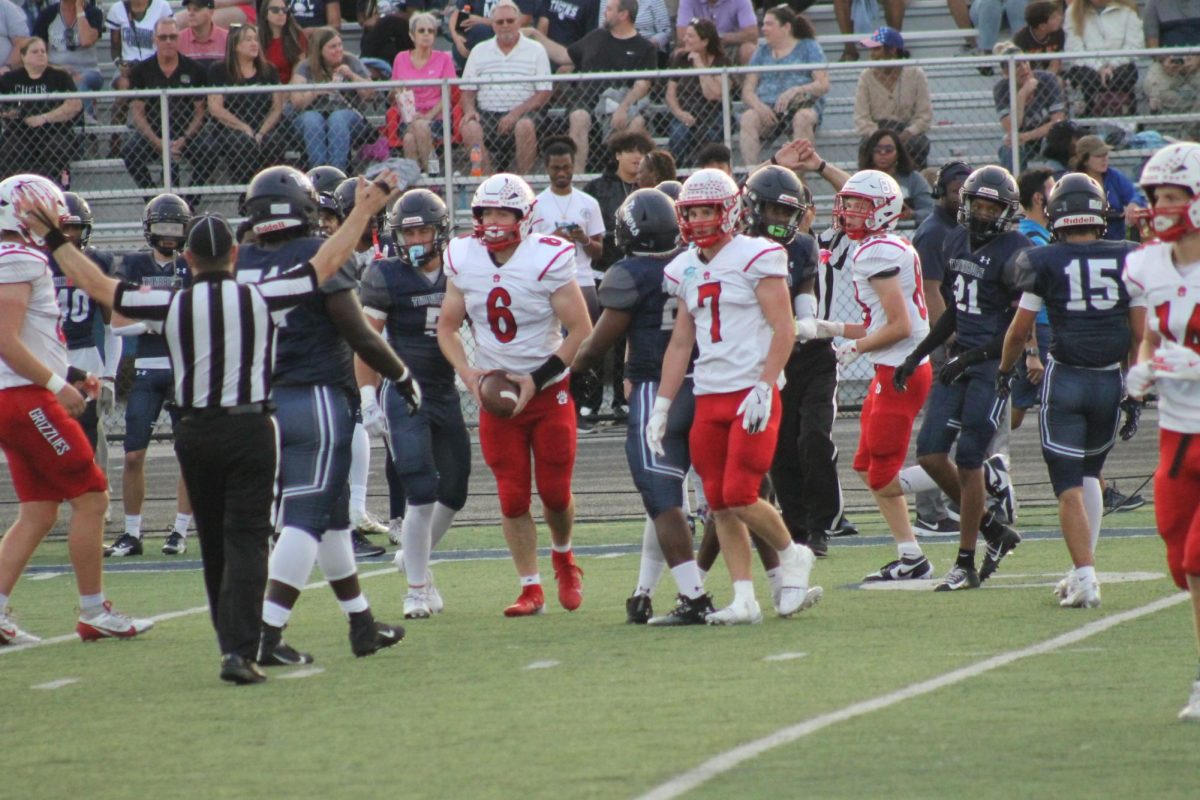


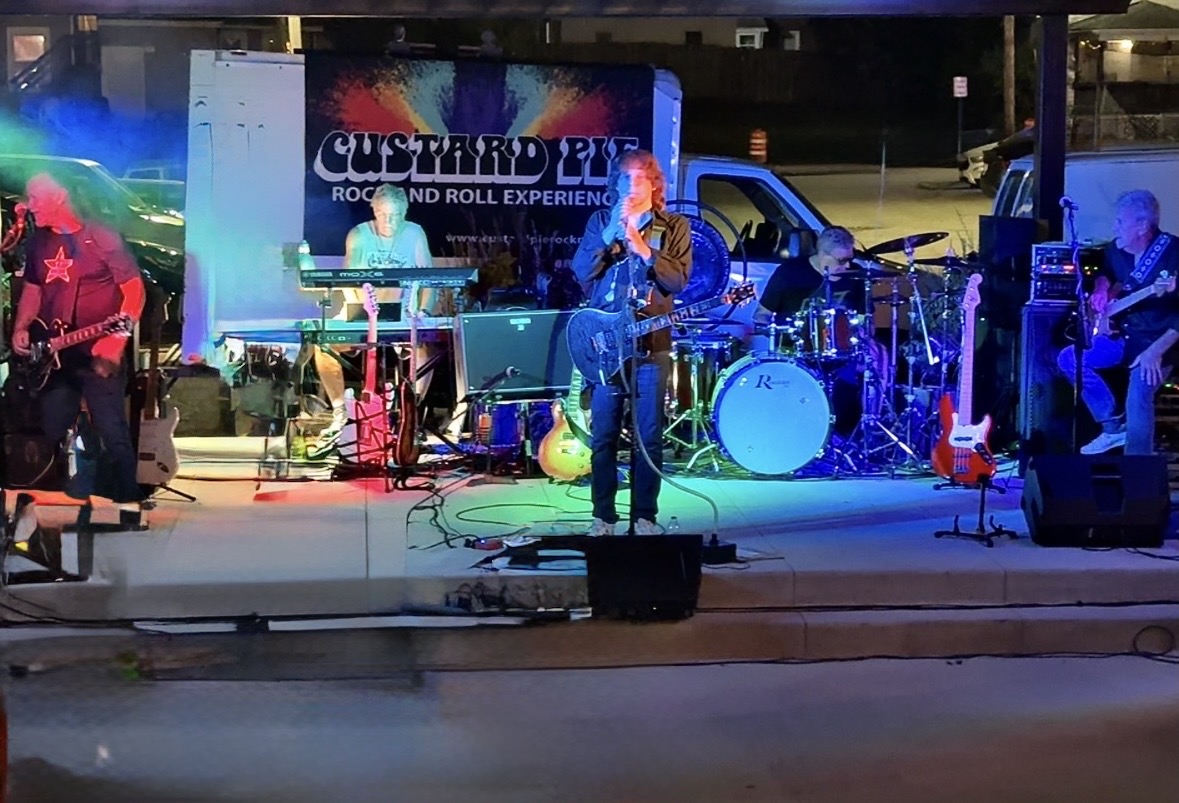
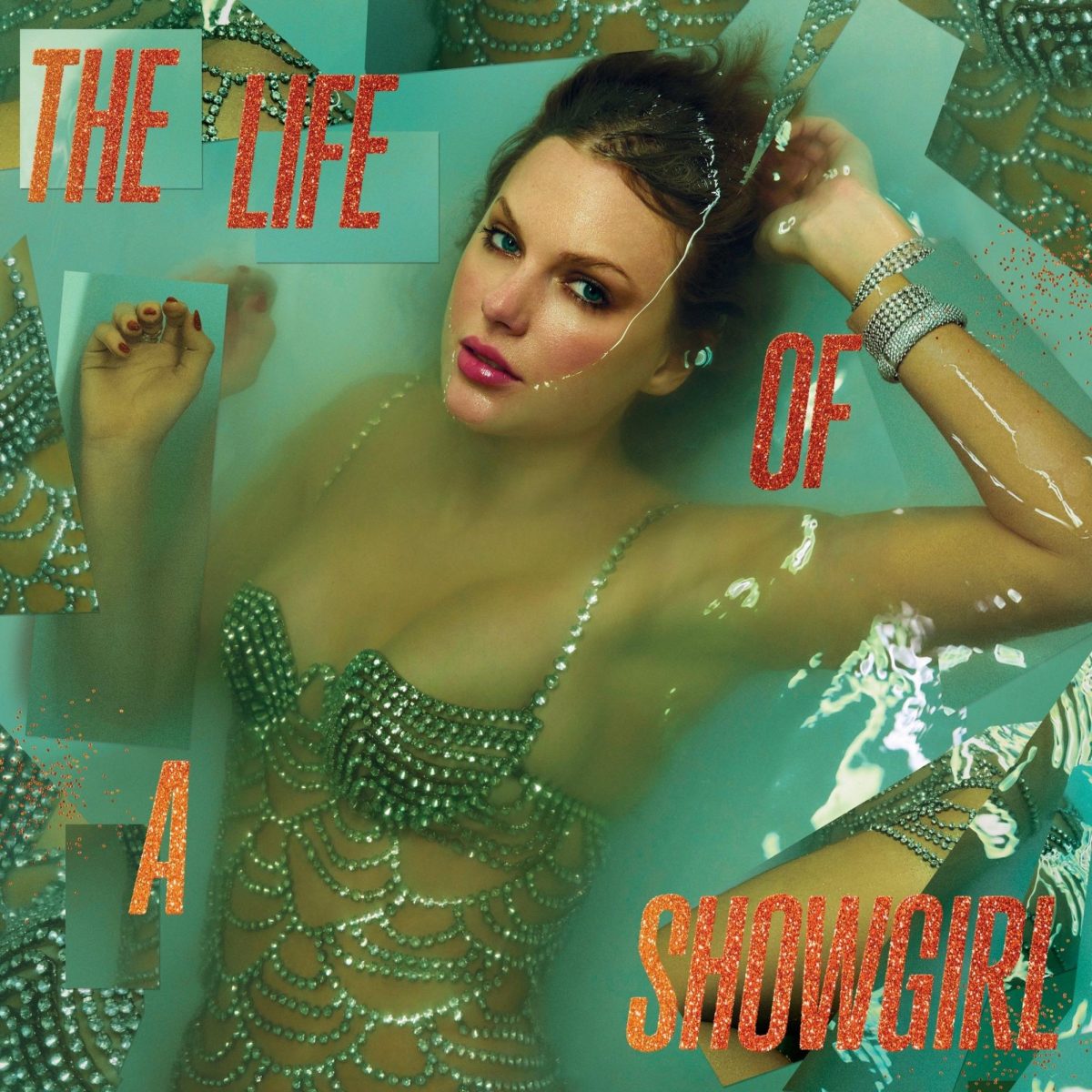
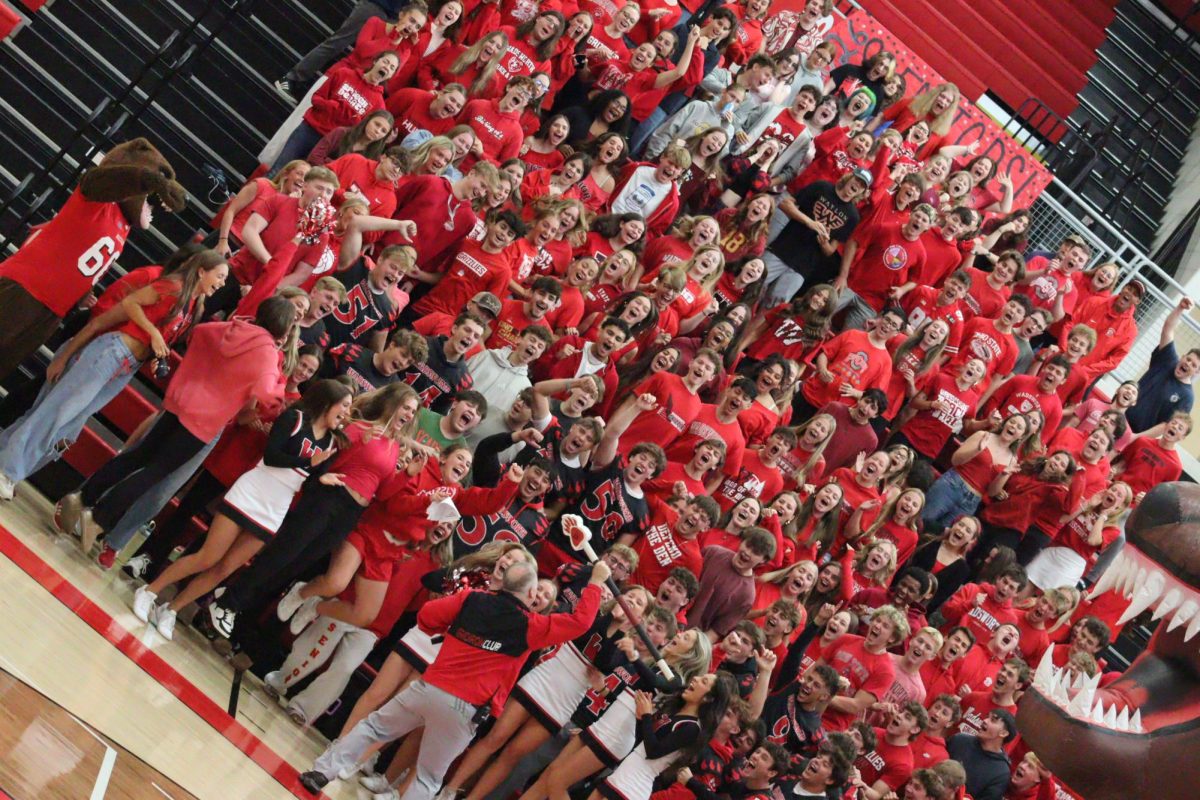
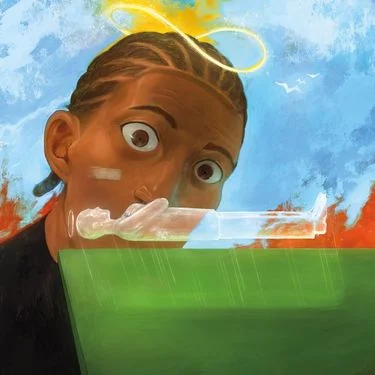

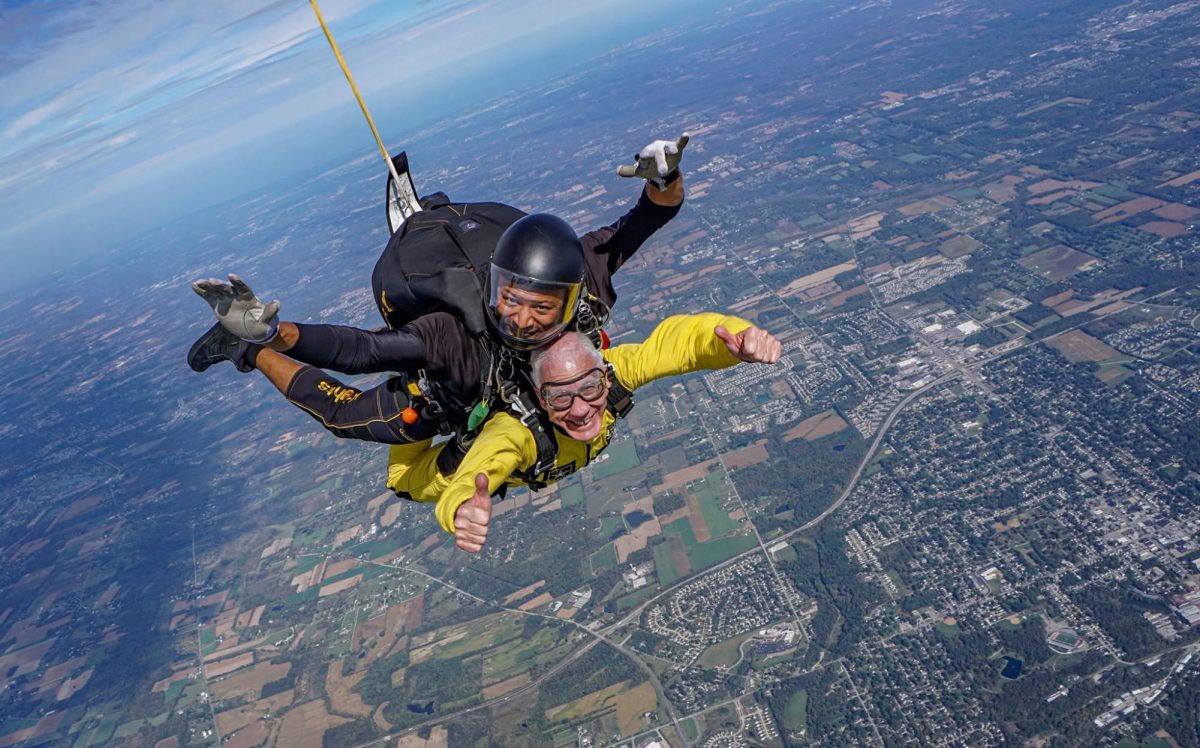
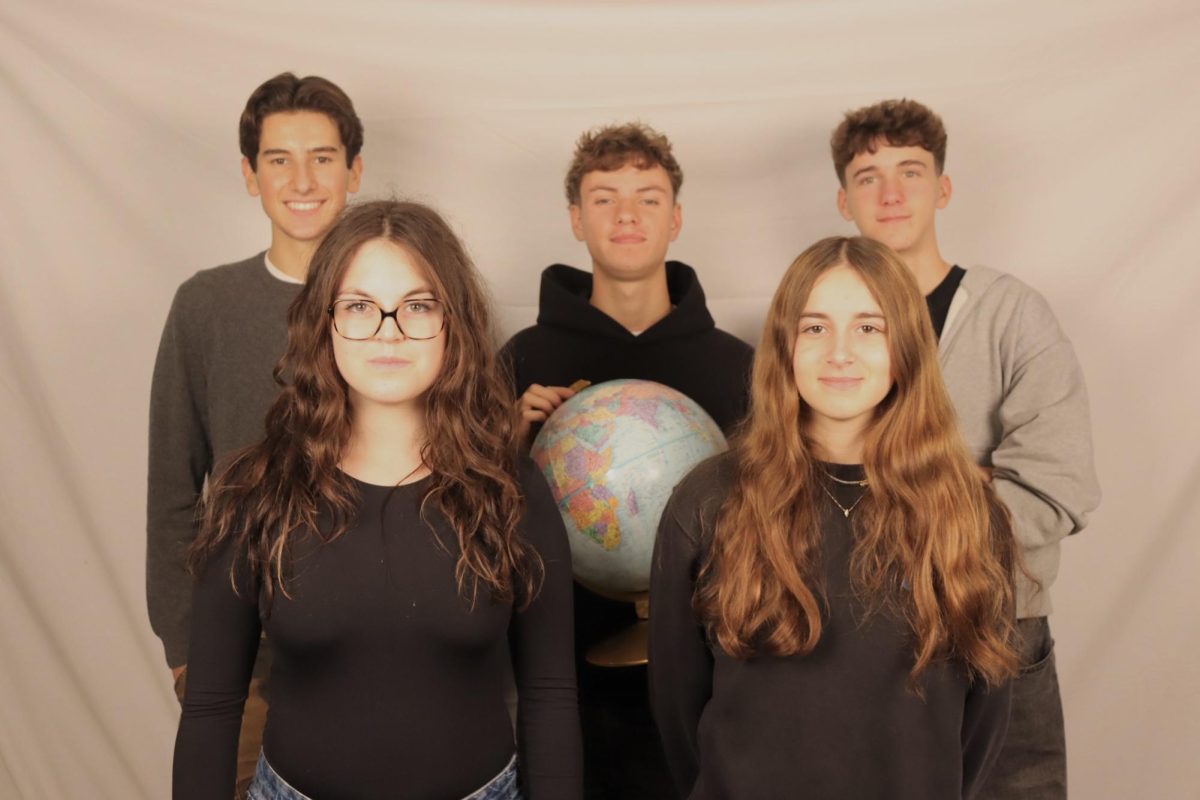
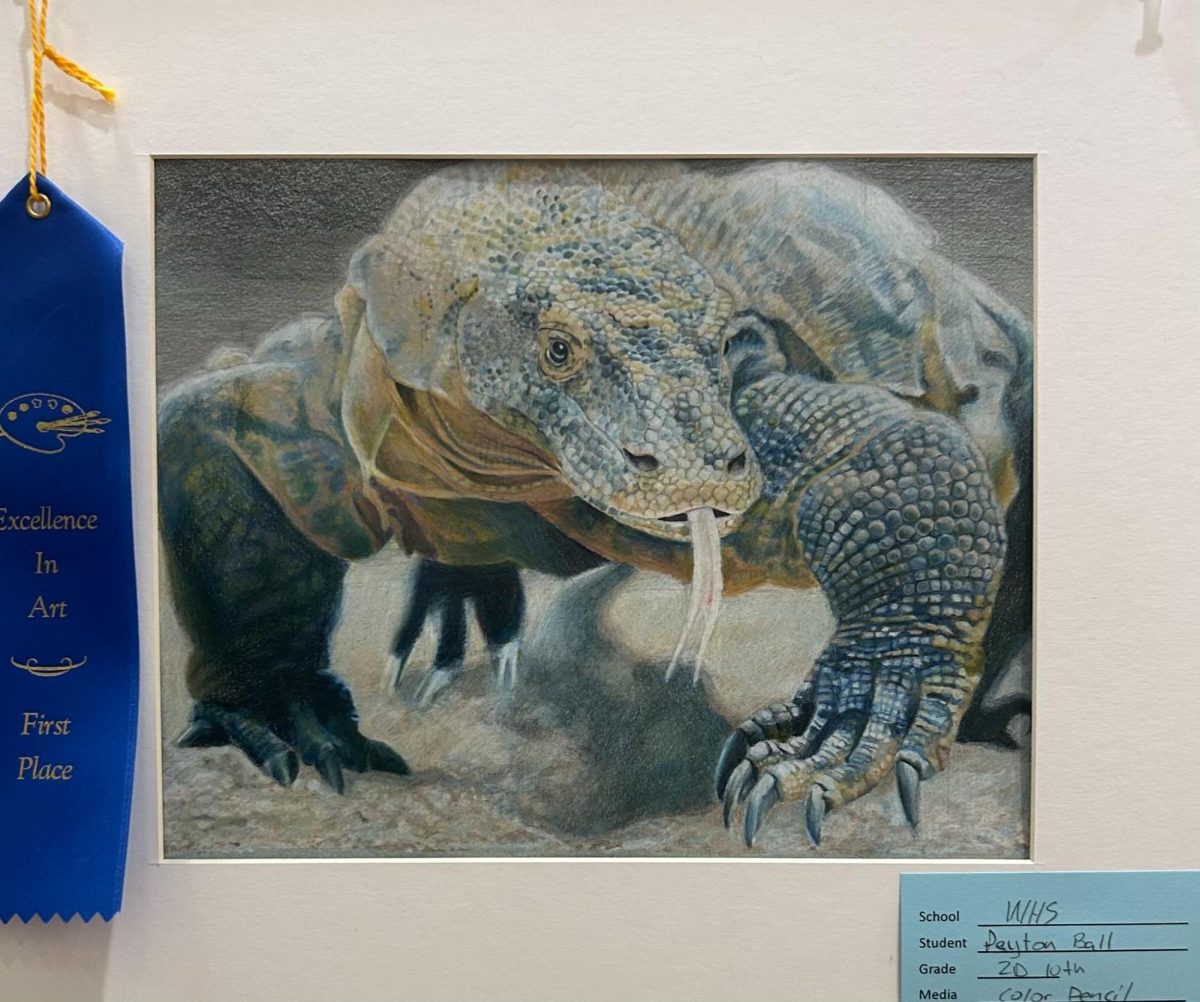
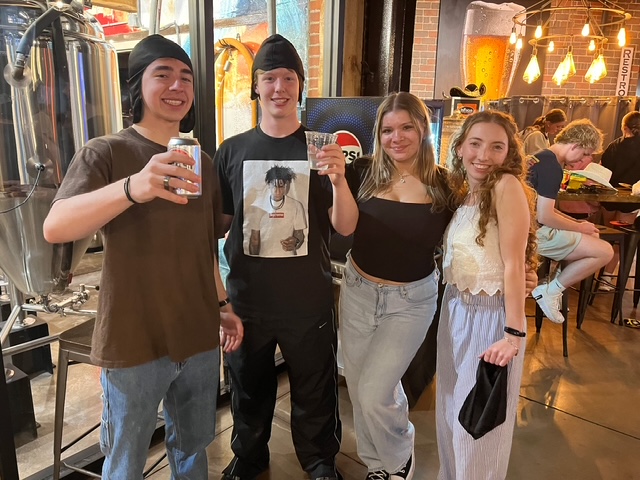
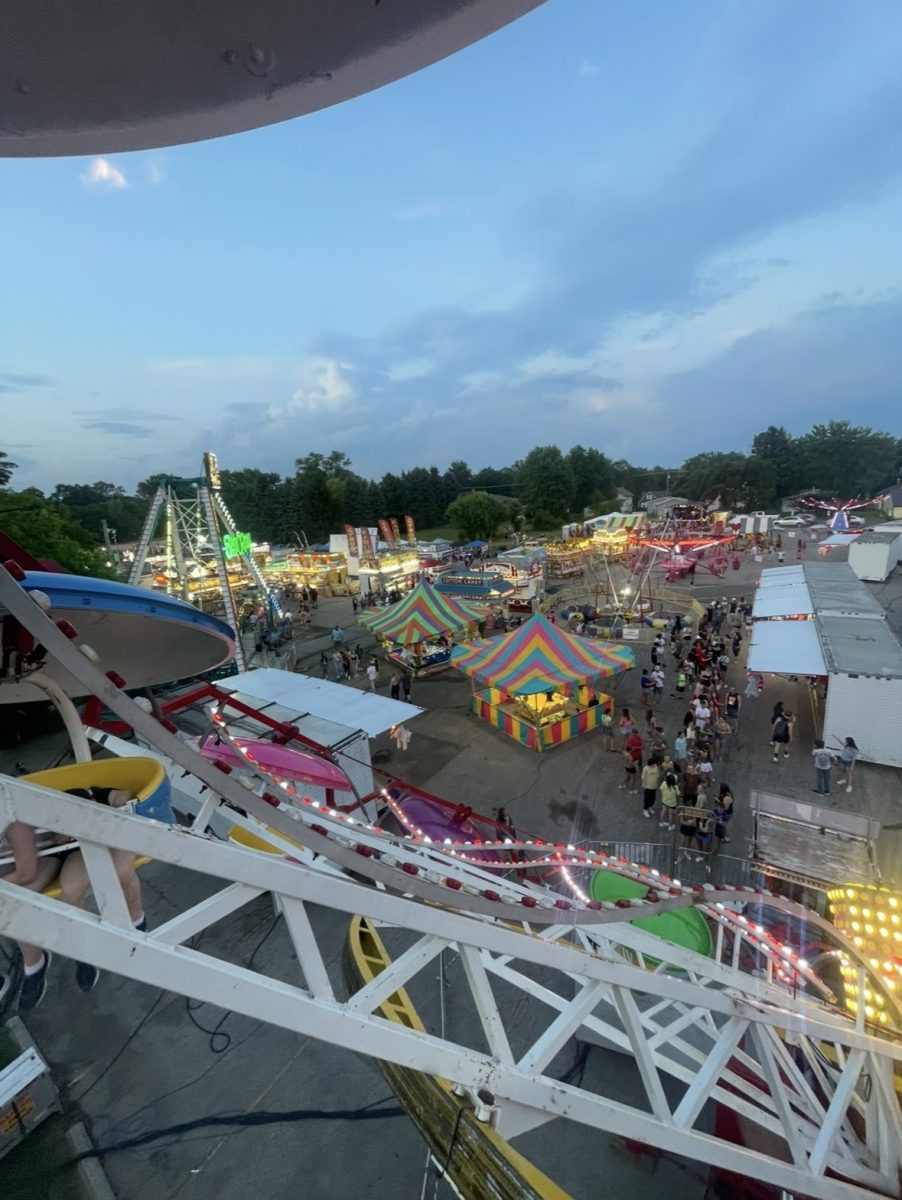


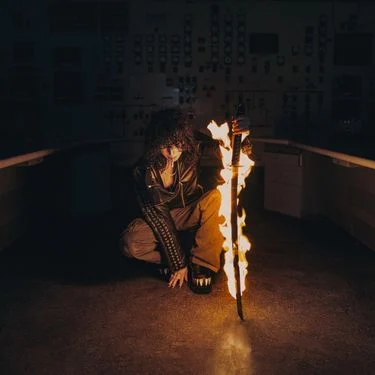

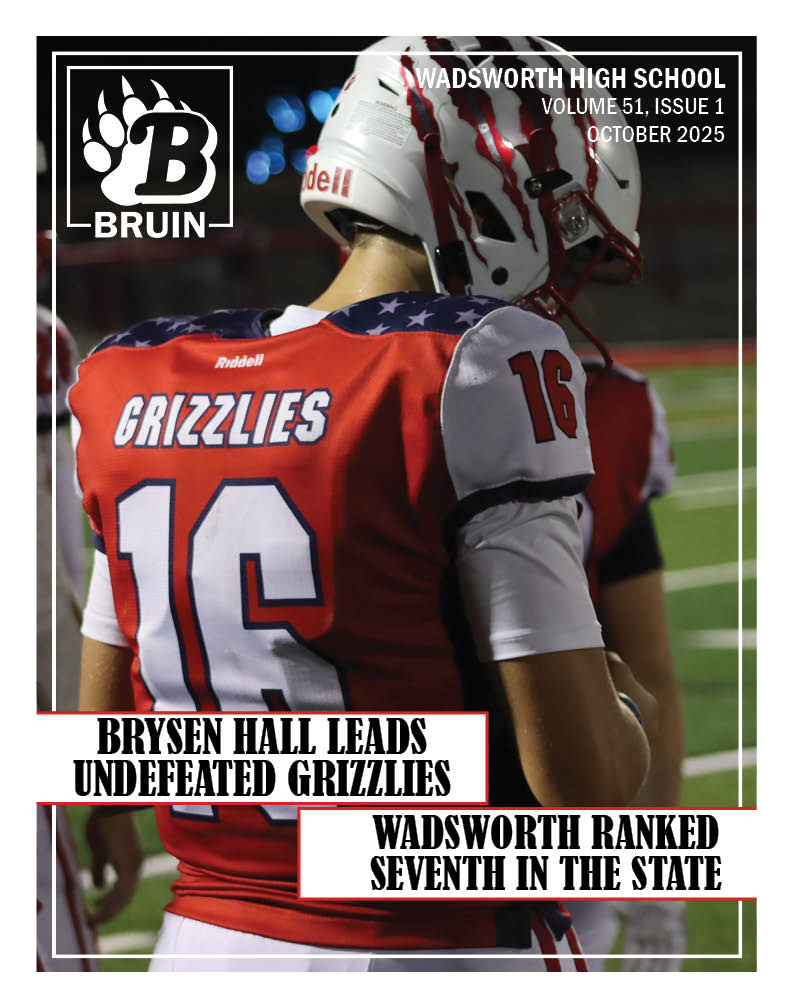
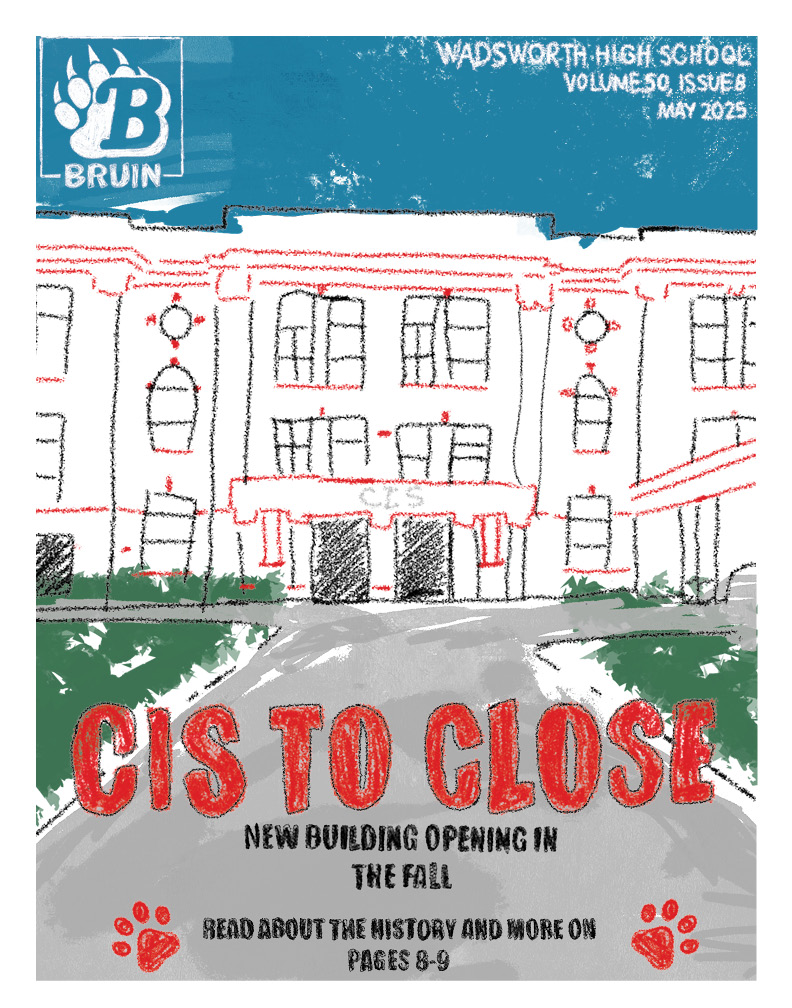
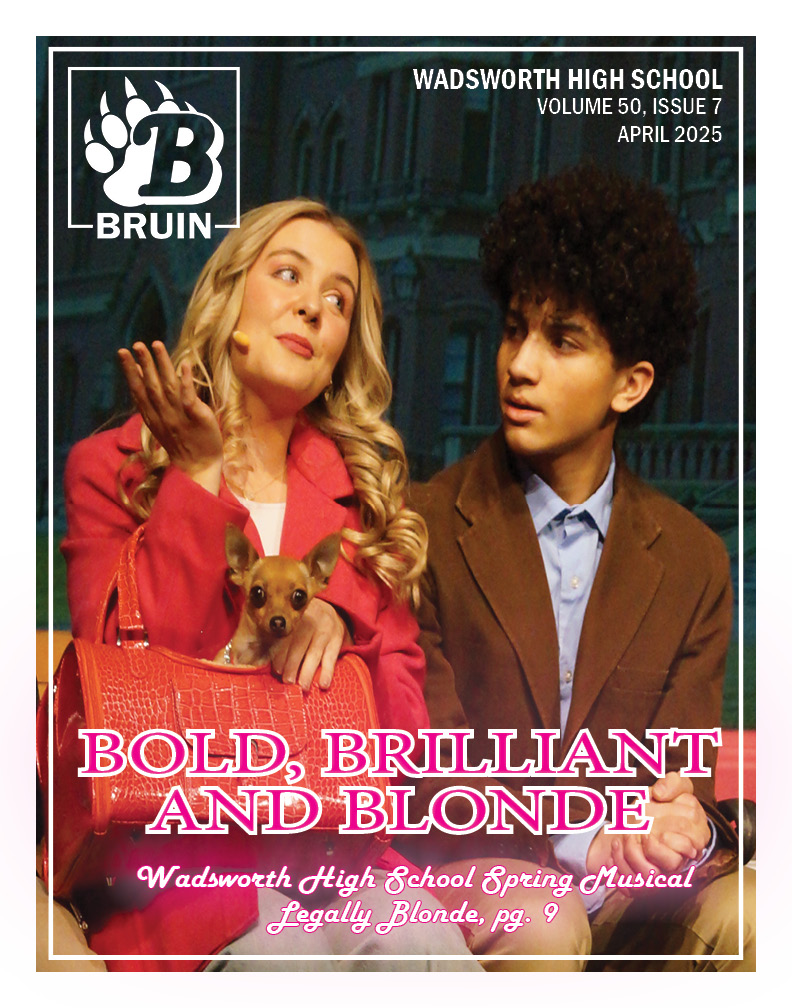
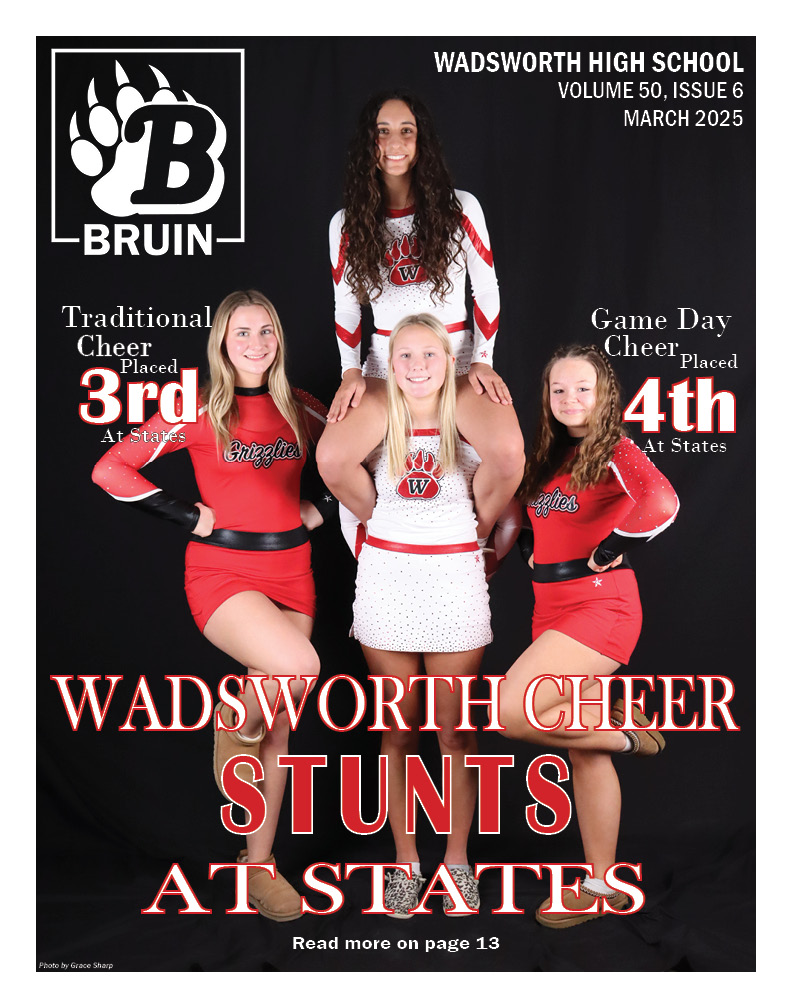


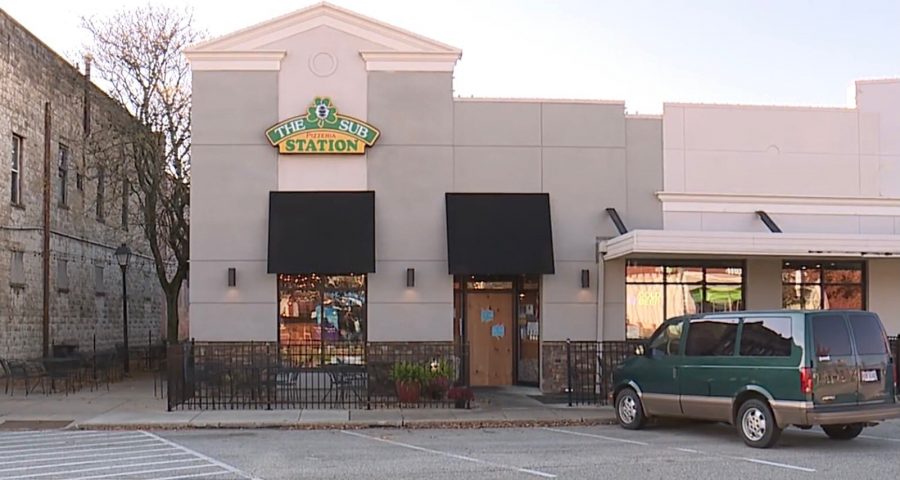
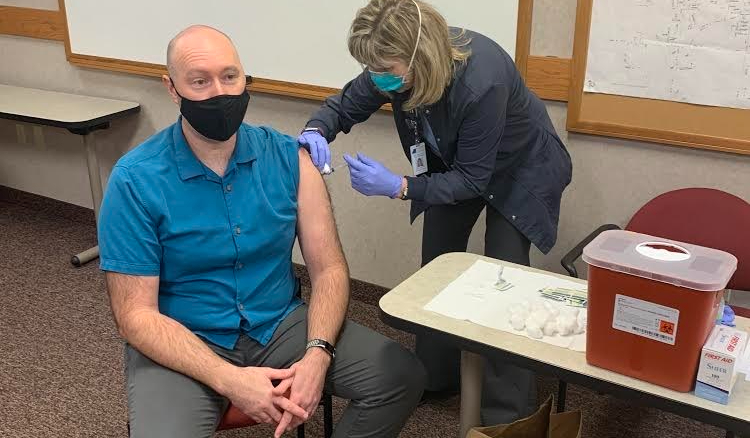
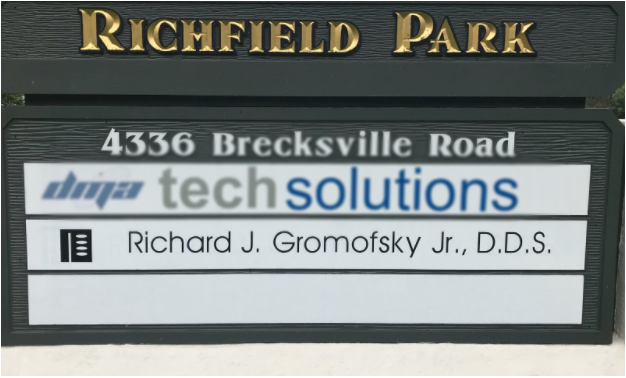
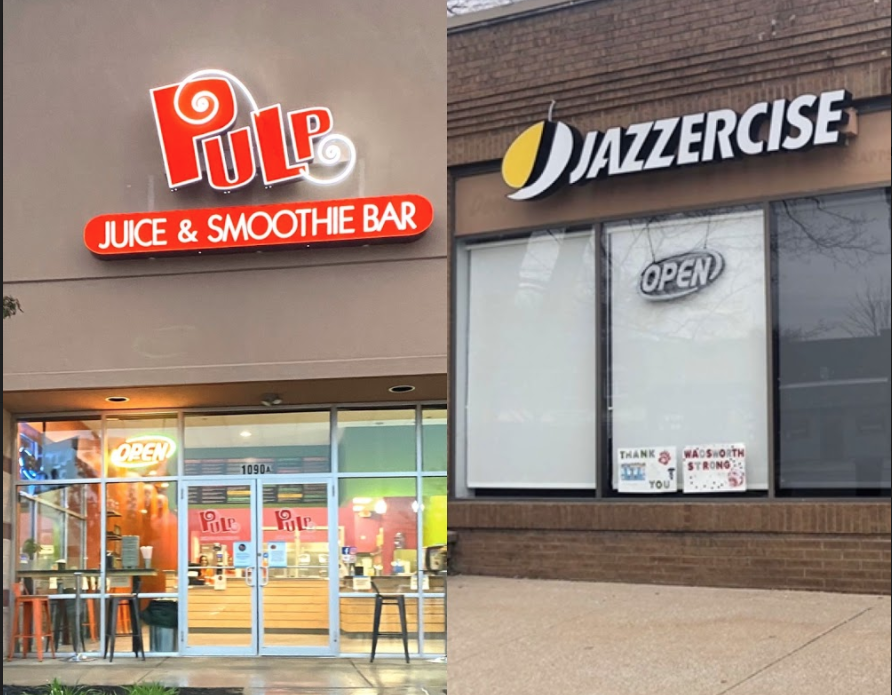
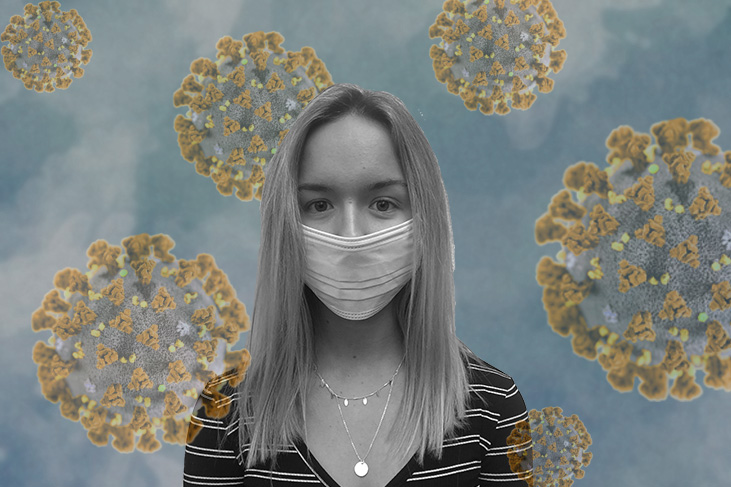
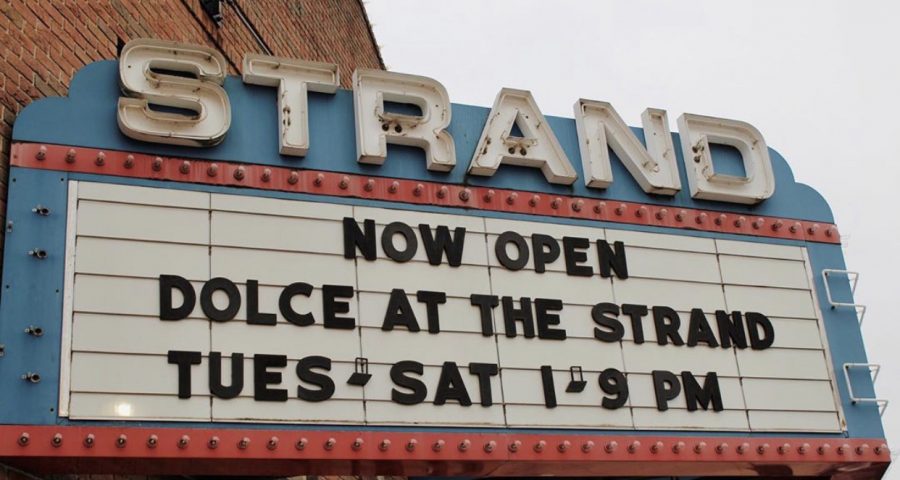
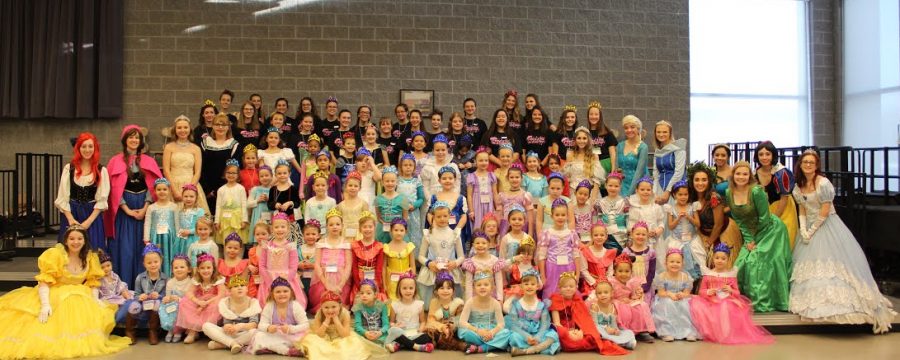


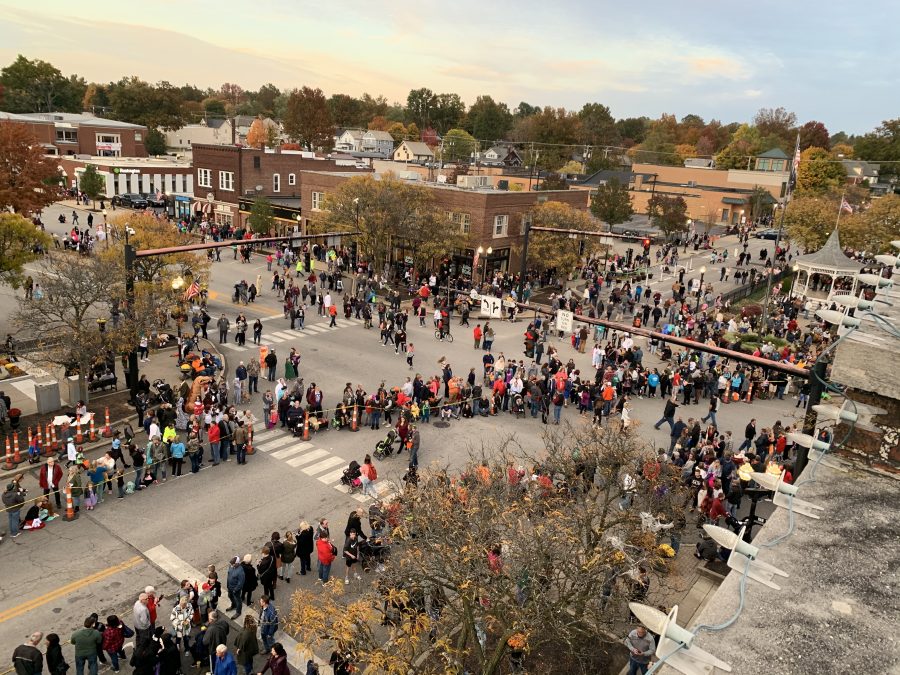
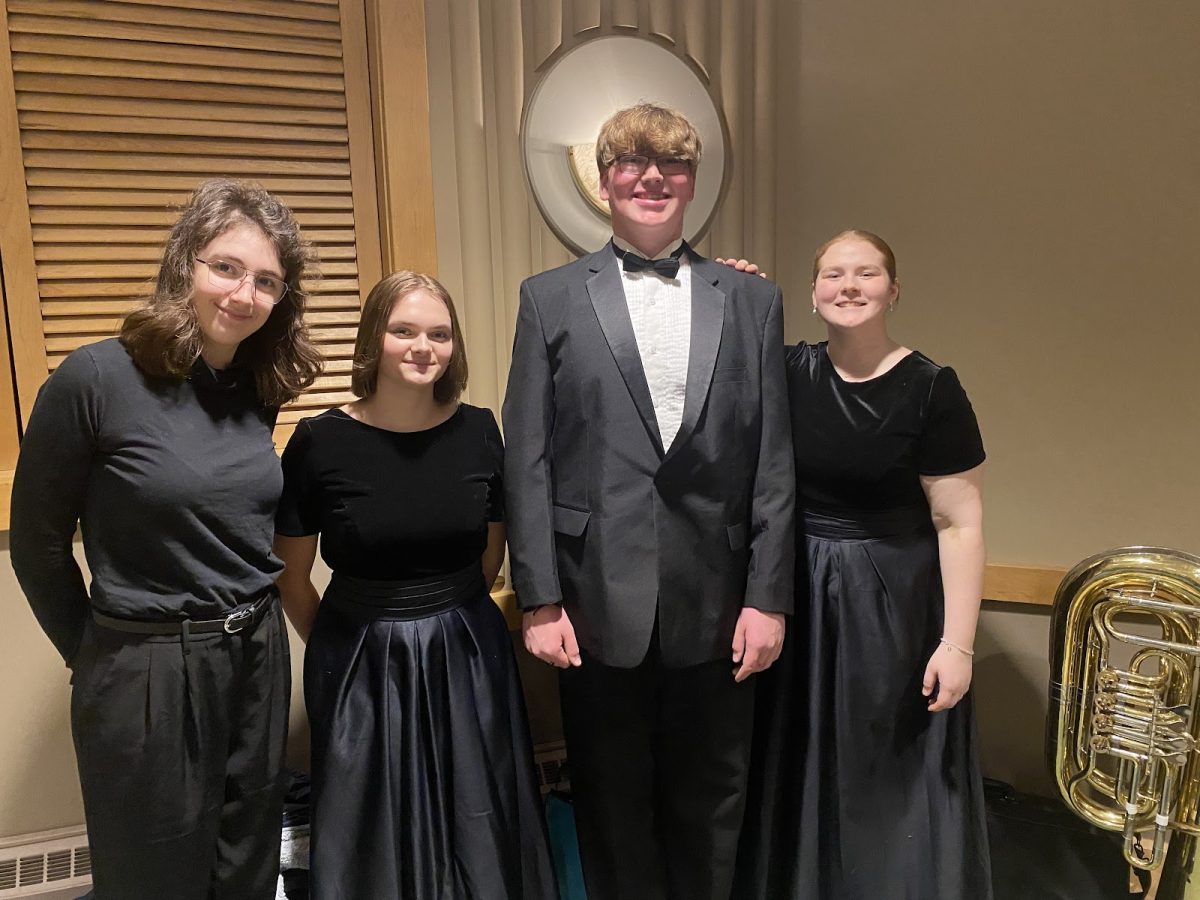
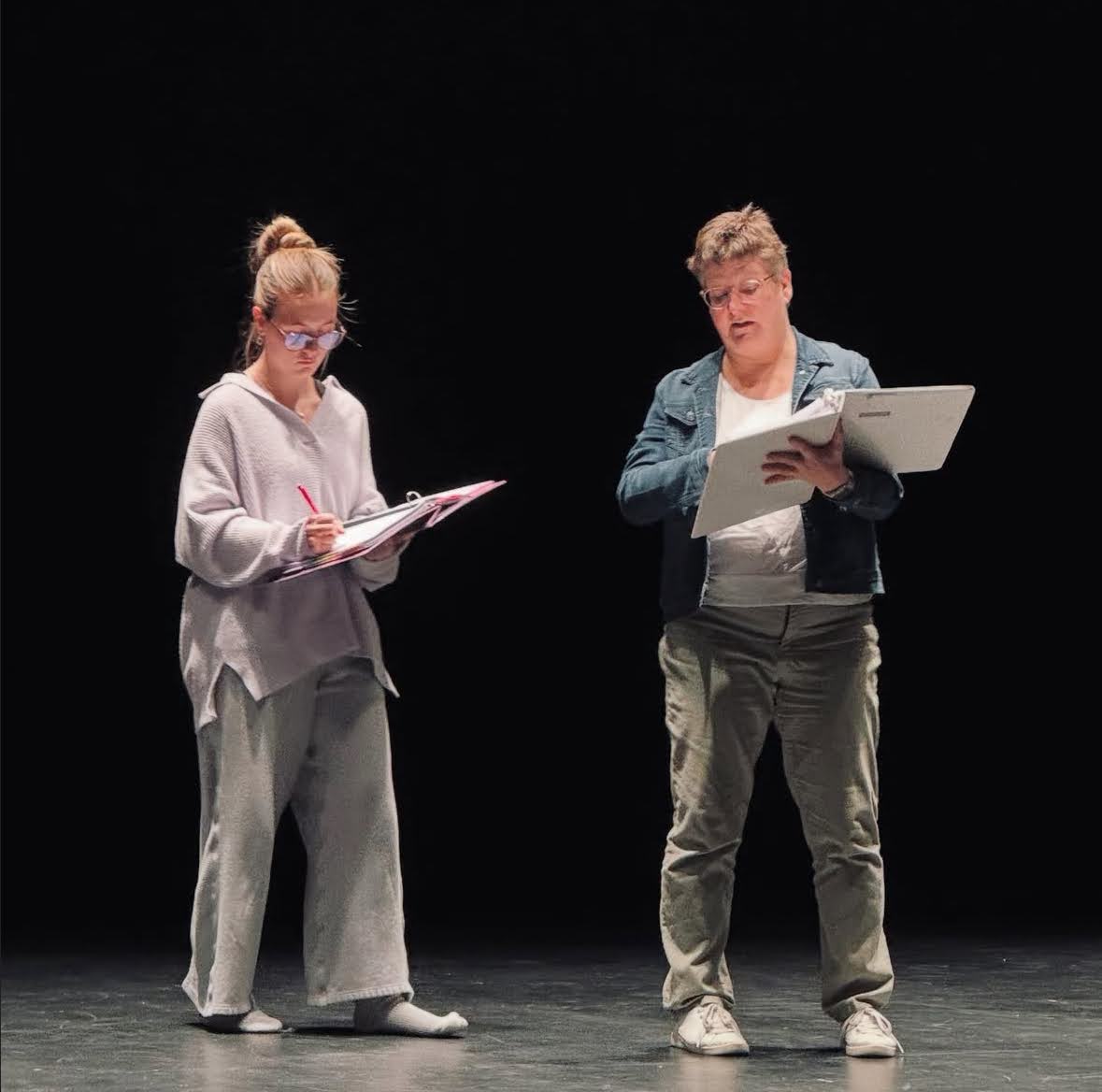

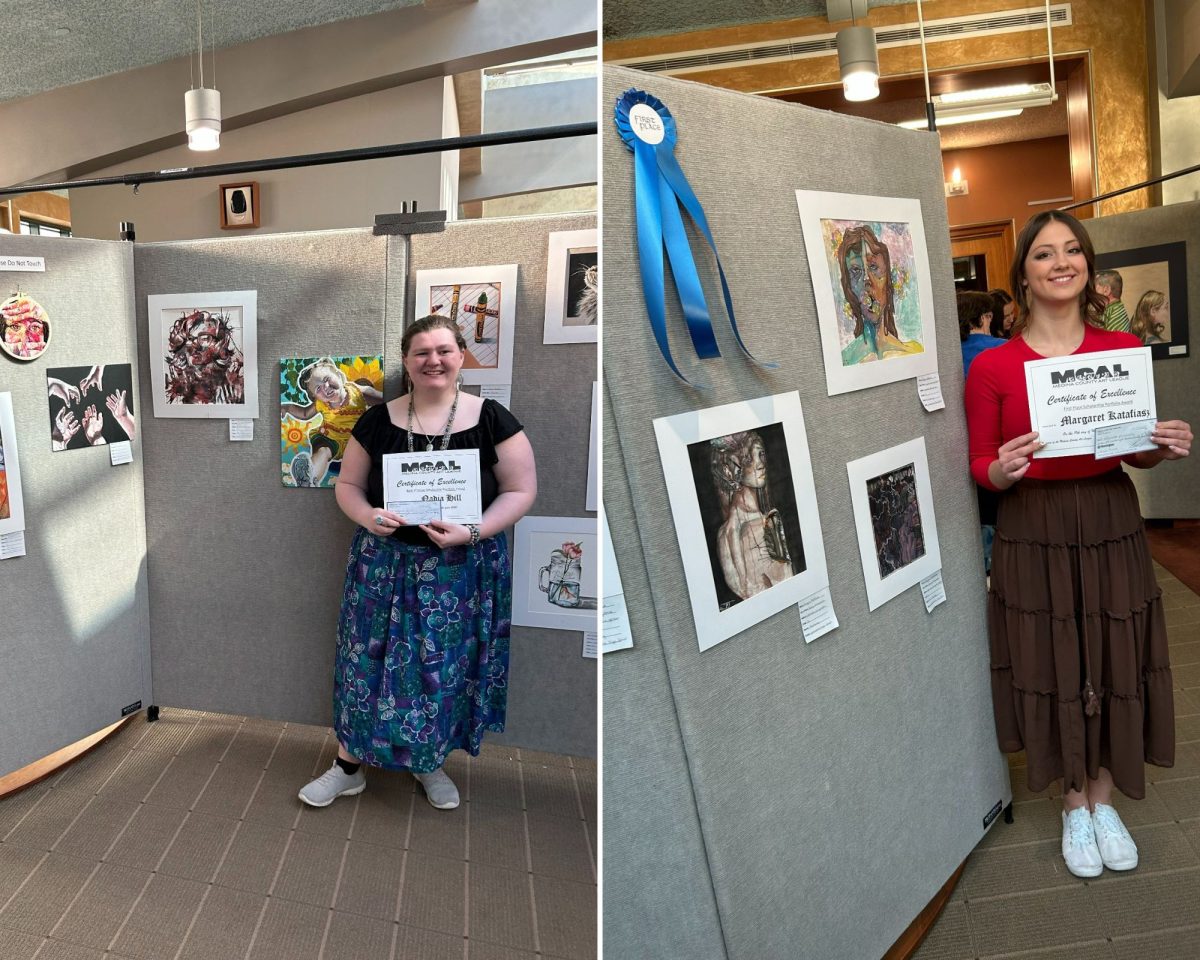
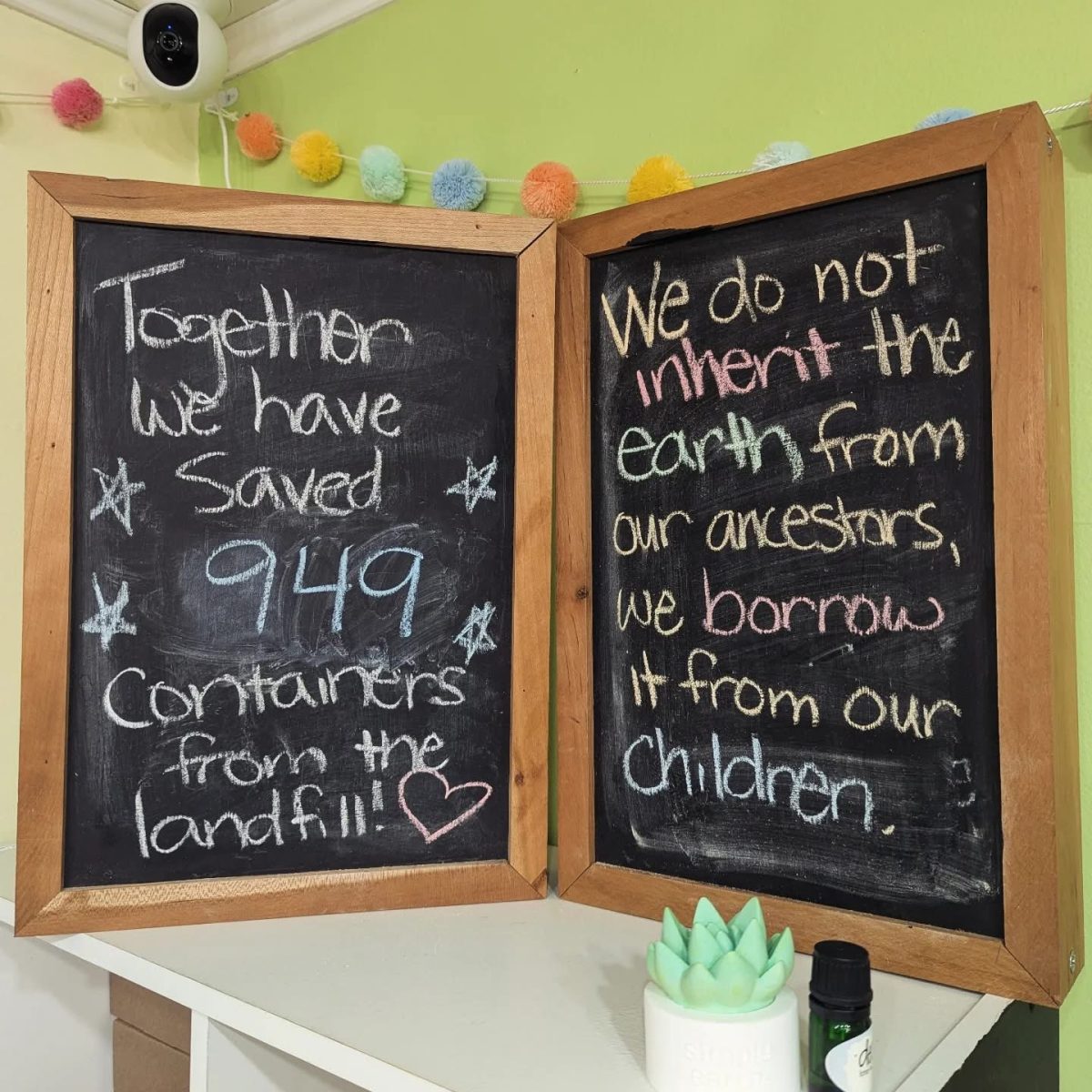
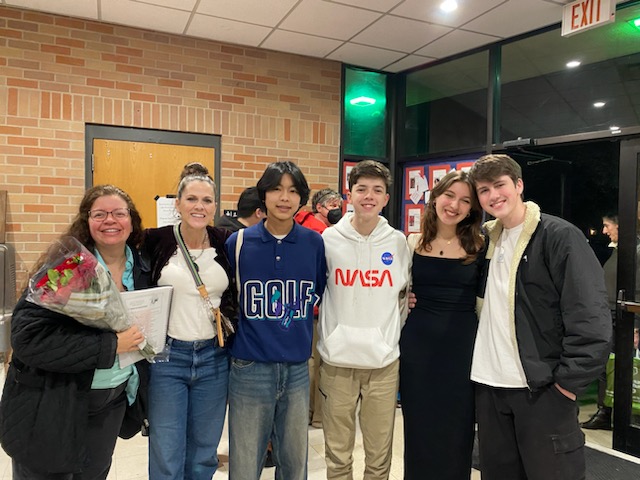
Omar • Oct 26, 2020 at 11:55 am
Kudos for addressing this issue through your platform. It’s not only a good look for the school, but it also reflects kindly on the community of Wadsworth at large. As an outsider I was proud to see an attempt in good faith was made to openly address this matter and not pretend it does not exist. I hope more honest, dialogue can take place not only within the school publication but in the broader community as well.
San • Mar 1, 2020 at 6:23 pm
First and foremost, I would like to express that I am truly impressed by a “high school newspaper” team that has exhibited the courage to bring exposure to such a critically-important, yet often ignored or denied topic of discussion which is an unfortunate reality for countless people on this planet. The mere fact that a group of talented “high school teenage kids” took the initiative to research, interview various individuals who experience a perspective which is unknown, unrelatable and unimaginable to most non-black people, and cover such an ill-perceived controversial topic as ‘race relations’ is a POWERFUL statement! One would expect that mainstream newspapers and television news platforms comprised of “grown adults” throughout the U.S. and around the world should/would be speaking more on such an important topic as opposed to leaving such an unavoidable discussion to teenagers. So, thank you to Halle Shaeffer and each individual member of ‘The Bruin’ student newspaper staff for tackling such a pertinent issue…even if most adults of my age generation cowardly choose to avoid such conversations. And, even if members of the Wadsworth Schools Superintendent and School Board have unwisely refused to address the subject more responsibly by hiring a considerable number of teachers who represent Black, Hispanic, Latino and other ethnic groups.
Secondly, I must extend a special acknowledgement to Ms. Aniya Harris, Mr. Jayden Harris, Mr. Michael Jackson, Ms. Arlena Arnold, Ms. Ollena Arnold, and any other Wadsworth High School student(s) who contributed to this story. Each one of you undoubtedly possess an impressive, courageous spirit that is refreshing to see/learn about through your willingness to reveal the truth as to what you and other students of color have/are unnecessarily being subjected to on a typical day at school. Continue to be critical thinkers and advocates-for-what-is-right-in-a-sick-thinking-world, because unexpected blessings and opportunities are destined to come your way in the future. NEVER be intimidated about tactfully and respectfully challenging improper decisions of people…even those who are older than yourselves or in positions of leadership.
Despite those uncomfortable challenges, each one of you is gaining an early life-long lesson of acquiring insight, strength, and experience in learning how to properly deal with ignorance in its worst form and situations which are sadly quite prevalent throughout the world, and are known to permeate throughout every sector of life – from primary school systems & college campuses, to corporate America, to government and more, but no place likely worse than here in the U.S., and sadly most concentrated throughout the Northeast Ohio region. And, for anyone who would dare to doubt or deny that statement I would challenge them to first take a hard look at (#1) how many Black people are currently in decision-making positions on your city-county government, work in your company/business, serve on your school board, teach in your school system and are members of your church? And (#2), how many Black and Hispanic/Latino people can you honestly say are your real friends (meaning those you share special occasions with such as dinners at your home and theirs, spend consistent time with their family and them with yours, and would do anything within reason to help them and know they would do the same for you or a member of your family)?
As a successful businessman (who carried a double major in Social Work & Journalism and graduated from Ohio University), and someone who formerly lived in both Ohio and New York but now know the multi-diverse region of South Florida as ‘home,’ I can relate to and sympathize with what most non-white people have been or are often forced to endure living in Ohio. That is NOT meant to say that ALL white people or any other ethnic group(s) of people are not upstanding, compassionate people, because there are a number of those who are wonderful individuals who do not agree with racist thinking and can embrace ethnic equality and equity. Unfortunately, what is meant is that it’s a sad reality that the entire state of Ohio is NOT a progressive place to grow up or live in…even in 2020.
It often takes a person or people (myself included) to relocate somewhere else which is considered a “progressive-thinking environment” to be able to realize how far Ohio is behind forward-thinking communities and the level of deficiencies which continue to plague those residing in Ohio (and other Midwestern cities/states too). Before moving to South Florida twenty-plus years ago, I was often led to believe it was/is the Southern states (like Florida, Georgia, the Carolina’s, Tennessee and others) that are backwards-thinking, non-progressive environments. However, to my surprise and that of other family members and friends of mine who also live in the South today, once I/we moved down here I quickly learned that most of what I had been taught to believe about living in the South was/is so not true. In fact, it was/is just the opposite – it is the Northeastern/Midwestern cities and states like Akron, Cuyahoga Falls, Canton and all of the surrounding little communities throughout Summit County, parts of the state of Illinois, parts of Michigan, Indiana and a few distinct other regions which actually are far more racist-thinking, non-progressive, opportunity-limited communities.
In conclusion, among the worst realities of all is that research has proven “Black people as a group alone spend an estimated $1.3 TRILLION dollars collectively per year in the U.S.” on everything from food, beverages, and alcohol – usually at restaurants, nightclubs and/or bars; clothes, shoes, vehicles, real estate/homes, jewelry, cell phones/I-Pads/computers, haircare products, hotel-resort-spa visits, airfare-travel excursions & MORE! That’s “$1.3 TRILLION dollars per year (and growing)!” And, they do so with companies/businesses/brands who are often made up of representatives (owners & employees) who look nothing like them.
Technically speaking, Black people really do not need any other ethnic group(s) of people since they have access to such exorbitant amounts of collective wealth like that. Especially if they were to take on a new approach and begin changing their spending habits to re-consider who they spend with and where they spend their money at. With those type of collective dollars, more short-sighted (racist-thinking) people should be striving to use common sense by considering what unexplored, amazing things could potentially be accomplished in the world if diverse groups of people began working together. And, imagining how ALL of us (as human beings) could prosper as a result?
Think about how unemployment, homelessness and hunger throughout the U.S. and even around the world could be solved if people were to come together and work on such issues? Think about how other real life issues could be solved like finding cures for global health challenges such as cancer, heart disease, HIV/AIDS and others if people were to include future thought scholars, scientists and medical experts whose only difference is that they have a different skin complexion that yours or someone else’s?
Most importantly, the main thing EVERY racist-thinking or discriminatory-thinking person seems to have overlooked: ‘What do they think their next realm (and hopefully for them it will be Heaven) is going to look like whenever they die and transition on to their final resting place?” One thing I’m pretty sure is that Heaven (and even Hell) for that matter will NOT be made up of entirely ‘one’ ethnic group of people. Instead, it will include the spirits of ALL people who we live amongst right now. Therefore, we need to understand and accept the value each and every person from all ethnic and socioeconomic backgrounds can bring to situations throughout life.
J. M. Lindenquest • Mar 1, 2020 at 4:03 pm
I became familiar with this article from the Akron Beacon Journal. After reading that story I had to find the original article causing so much “discomfort” in that small town. First of all, GREAT JOB! I’m impressed not just by this article, but the overall presentation of the site and topics you young journalists are willing to tackle. I believe the article was an honest insight to what some students go through and how they feel because of it. The types of uncomfortable dialogue that come forth from such are exactly why honest journalism is not only needed, but constitutionally protected. NONE of you should feel you need to apologise for ANYTHING! Especially the headline. Again, awesome job. Uncomfortable conversations are what begin the wheels of change.
Samantha Hardin • Feb 13, 2020 at 8:11 pm
Good for you for writing this article. I was a minority student at Wadsworth and echo the sentiment of this article. Race relations was and still is an issue to be addressed in Wadsworth. This is one step toward addressing the issue.
Kim Haic • Feb 13, 2020 at 8:06 pm
Aniya Harris!!!!
I’m so proud of the woman you’re becoming! When you moved into my classroom in 4th grade, I knew you were someone special. I was so happy to see you receive Board Student of the Month. Even though you’ve changed a lot, I’d recognize those eyes and that smile anywhere!
I saw an interview about a woman who said that she’d never had a teacher that looked like her. I stopped in my tracks! I had thought about how it might feel to go to school with mostly white children, but I hadn’t thought about what it might be like to never have a teacher that looked like you. Reading this article and your statement stopped me in my tracks again. Thank you for saying that and bringing some awareness to that part of your education experience.
I can also relate to someone’s statement about racial issues being discussed in the classroom. I remember feeling uncomfortable teaching about Ohio’s involvement in The Underground Railroad. It is truly one of my favorite units to teach, because it is an opportunity to embrace diversity and bring some understanding to racial issues. It’s so hard to know how much to say to 9 and 10 year old children. If you have any positive or negative memories about how that unit impacted you, please let me know.
I hope I became easier to approach, as your first teacher in WCS. I’m sad to hear about racial and prejudice situations you experience. It says more about that person than it does about you! Right!?!? Anyone that doesn’t think it exists, should remember that just because it hasn’t happened to them, doesn’t mean it hasn’t happened to someone else. The way you and your friends spoke in the interview speaks volume to your character. It’s exactly what I’d expect from Aniya Harris! 🙂 I’ll look forward to seeing what you do next!
Aniya Harris • Feb 14, 2020 at 4:41 pm
Mrs. Haic, I appreciate and thank you for your willingness to talk about diversity and your consideration for the other cultures that exist in the world. Any opportunity to have a discussion always has a positive impact- even to 9 and 10 year olds. Thank you for creating such an environment. I’m looking forward to the future. 🙂